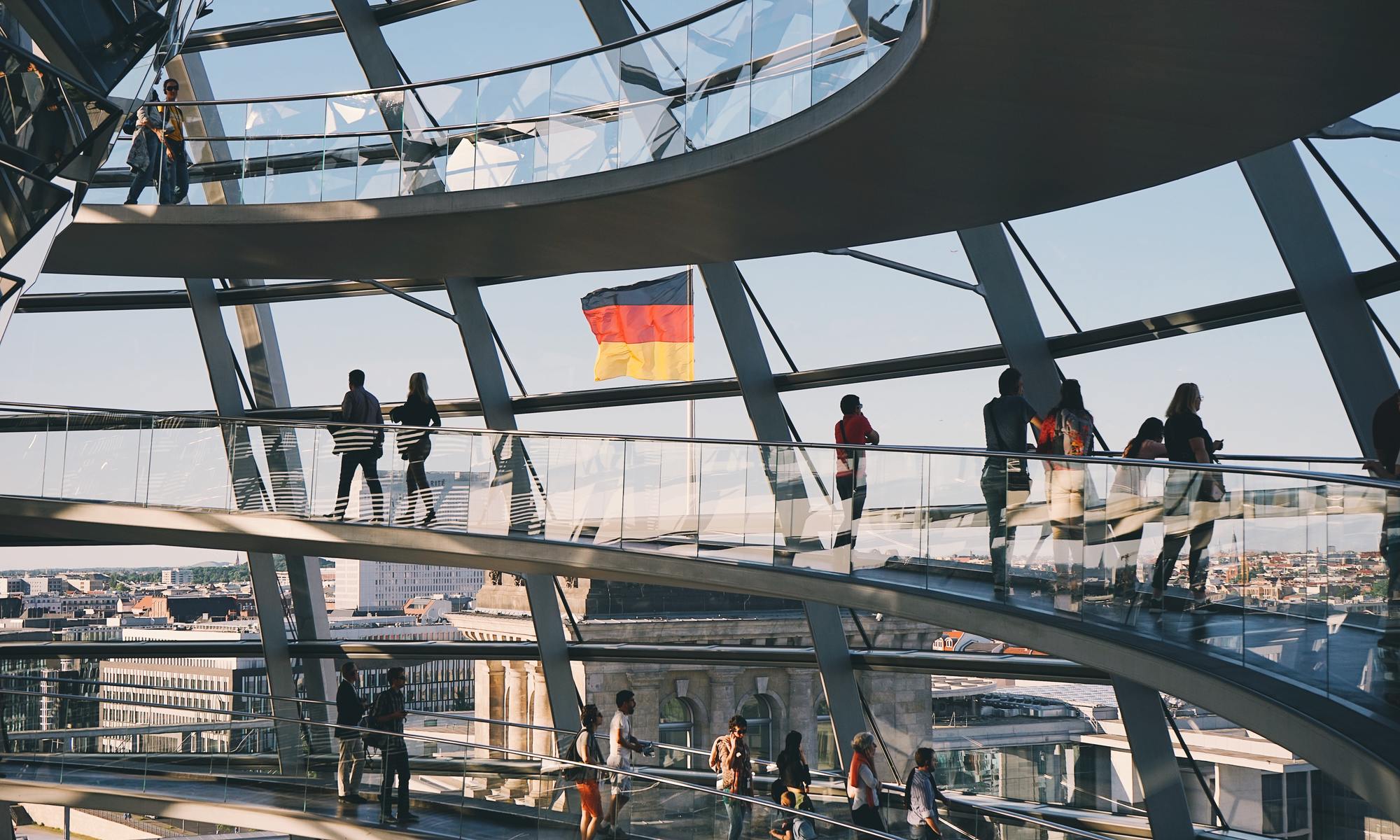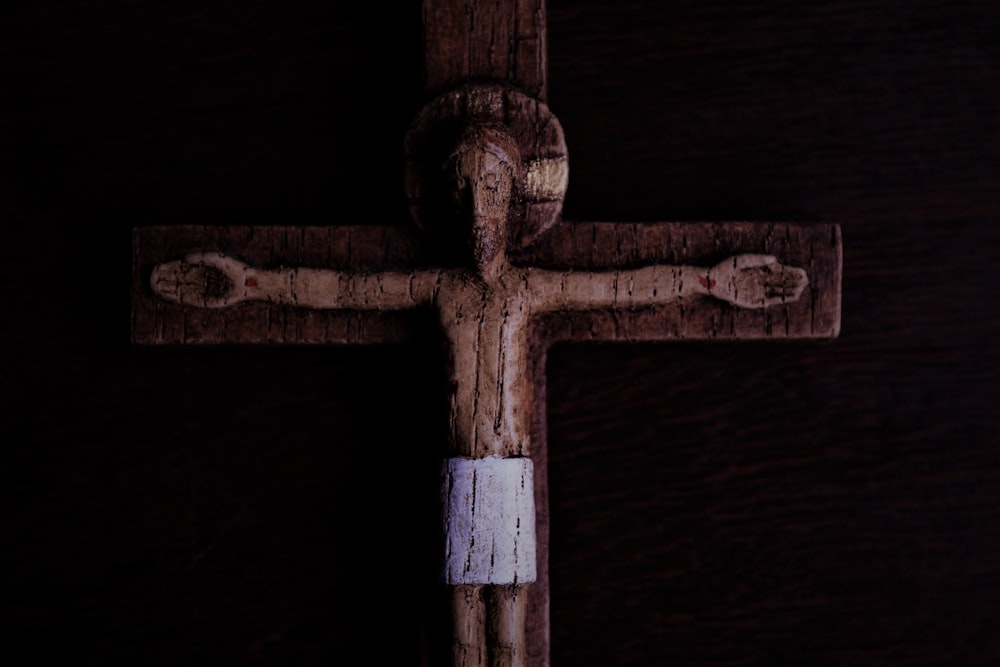
Businesses and public institutions often close earlier or even don’t work on some of these dates. However, cafes, restaurants and some of the other service industries, as well as entertainment business, like theatres and cinemas are open throughout the day. Public holidays are a real chance to rest and relax for the Germans and the guests of the country. No one nation celebrates like the Germans! They have huge festivals for every occasion and at any time of the year. So if you are going to visit Germany, you should know about the most celebrated public holidays to join the festivities.
Read on to find an outline of the major public holidays in Germany.
New Year’s Day (Neujahrstag), January 1
The people in Germany start to celebrate the beginning of a new year on the 31st of December (Silvester). Most of them work only half day. It is one of the biggest family holidays. The Germans usually celebrate the New Year with fireworks and feasts. It is marked by lavish parties and traditional dishes. Feuerzangenbowle is a popular traditional New Year’s drink in Germany. It consists of red wine, rum, lemons, oranges, cinnamon, and cloves. Sauerkraut, pork, lentils and fondue are among Germany’s lucky New Year foods.
Good Friday (Karfreitag)
It is a public holiday in each German state. Good Friday is a religious day which marks the crucifixion of Jesus Christ. It is always celebrated just two days before Easter. The Christians usually attend churches or take part in processions this day. The others enjoy the day-off or go on a vacation since schools and most businesses are closed. People in Germany are also engaged in different non-religious traditions on Good Friday. In some German states this religious holiday is considered as a silent day (stiller Tag) and some types of activities are not allowed.
Easter (Easter Sunday and Easter Monday) (Ostersonntag and Ostermontag)
It is one of the biggest religious public holidays in Germany. Easter is celebrated on different dates in spring. The holiday marks the resurrection of Jesus Christ. Most businesses and services are closed and people enjoy their days-off. Traditions of celebrating Easter in Germany include the hiding of Easter chocolate eggs and little presents (usually sweets). The symbol of this holiday is the Easter bunny. The Osterbaum (Easter tree) is another old tradition in the country. It is usually made from the branches of pussy willows.
Labour Day (Maifeiertag), May 1
It has been an official holiday in the country since 1993. This holiday is also known as International Workers Day. It relates to the workers, their rights and contribution to society and economy. The German Trade Union Association (Deutscher Gewerkschaftsbund) usually organizes different events, like demonstrations and political gatherings in lots of big cities across the country. Marches, meetings and rallies are also typical events on Labour Day. The day before the 1st of May is considered as the Dance into May (Tanz in den Mai) that ushers in the warm spring weather.
Whit Monday (Pfingstmontag)
The holiday falls on the 7th Monday after Easter. Whit Monday is sometimes known as Pentecost Sunday. It is the culmination of the Easter cycle. It is a Holy Day for Catholics, so most of them attend churches. Whit Monday is a day-off for the employees. Some of the areas of Germany are decorated in red flowers that signify the fire of the holy spirit. The birch branch is another symbol of the holiday. It is associated with the planting of the Pentecost tree and the Pentecost wreath.
German Unity Day (Tag der Deutschen Einheit), October 3
It is a big national holiday that commemorates the German reunification in 1990. German Unity Day is always celebrated with a festival near the Brandenburg Gate. Other cities around the country also have festivities and parades coincide with this holiday. Of course, it is a day-off for the German employees. Lots of different events are organized to mark the German Unity Day. Horseback riding, dice games, merry-go-rounds, theatre performances and karaoke are the most popular activities this holiday.
Christmas Day (Weihnachtstag), December 25
It is one of the biggest German public holidays. The celebrations usually start on the 24th of December (Heiligabend) and last for three days. Christmas is a family holiday celebrated with lavish feasts. Many traditional dishes, like roast goose or duck, potato salad and sausages are usually served. The Christmas trees are decorated with ornaments, baubles and lights. A Father Christmas usually gives the children gifts, but they have to sing a song or recount a poem to receive their presents. The German Christmas market with Santa, decorated trees and special foods is among the biggest traditions for this holiday.
There are many other national and regional public holidays in German celebrated with parades and festivals. If you are going to visit the country, you should definitely find out what holidays are celebrated at this time.




